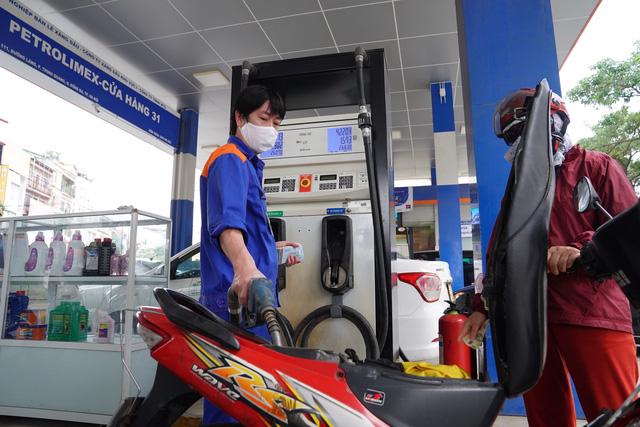Vietnam Deputy PM urges petrol prices management to follow global situation
The domestic petrol prices should be adjusted in line with changes in the global market.
Deputy Prime Minister Le Minh Khai requested the two Ministry of Industry and Trade (MoIT) and Ministry of Finance (MoF) to ensure domestic petrol prices stay close to that of the global market.
| Deputy Prime Minister urges domestic petrol prices to follow the global situation. Photo: Nhat Bac |
“The management of the domestic petrol prices should be in line with changes in global retail prices,” Khai said in a directive while calling for greater efficiency in the use of petrol price stabilization fund.
Since the beginning of 2022, petrol prices in Vietnam have seen six consecutive rises and one decline. In early March, the prices rose to an all-time high of nearly VND30,000 (US$1.31) per liter, but later went down slightly by VND600 on March 21 to around VND29,190 per liter for RON95, and VND28,330 for E5-RON92.
During a hearing session held by the Standing Committee of the National Assembly last week, deputies voiced concern over the fact that global retail prices fluctuated by 44-60% against early 2022, but the domestic prices increased by 25-40% during the price review period on March 11.
Minister of Industry and Trade Nguyen Hong Dien said the domestic petrol prices rose as a result of higher world market prices.
In the previous price review periods, the Government subsidized the price of each liter of fuel with VND500-1,500 from the stabilization fund to prevent the retail prices from going too high.
“Without the fund, Vietnam’s petrol prices could not be lower than that of the global market,” Dien said.
Dien said the MoIT is committed to working with the MoF in keeping domestic petrol prices at an affordable level and below the world average.
But in case the stabilization fund reaches its limit and global prices keep rising, Dien said the Government may turn to social welfare funds to curb the price upward trend.
On March 23, the Standing Committee approved the Government’s proposal to cut the environmental protection tax on petrol products by 50%, taking the tax rate on petrol to VND2,000 per liter, and oil to VND1,000.
Such a tax cut is set to be valid from April 1 to the end of this year.













